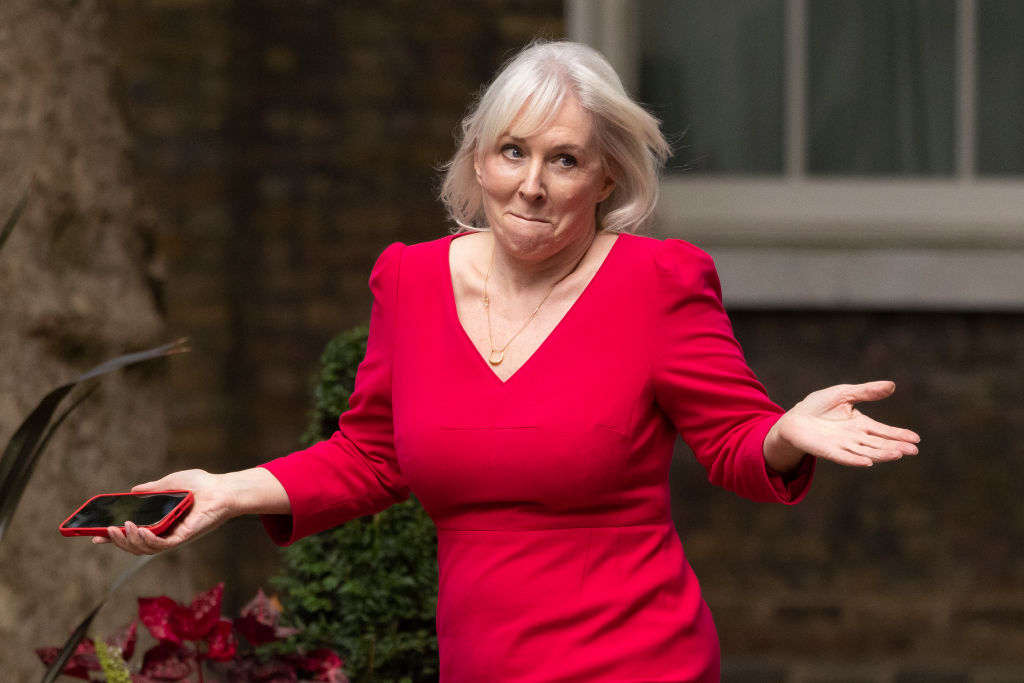Dorries: Privatisation of Channel 4 isn’t about ideology but the broadcaster’s survival

Nadine Dorries has pushed back against critics of Channel 4 (C4) privatisation, stating that it is about saving the broadcaster rather than destroying it.
Speaking during a phone-in session on LBC radio on Sunday evening, the Culture Secretary defended accusations that the government pushed forward with privatisation because of the broadcaster’s contrasting politics.
“It’s not ideological”, Dorries told listeners, adding: “I have said that Channel 4 sometimes doesn’t do itself any favours, but I couldn’t care less what they report on the news”.
She admitted that she “quite liked” C4 shows, even citing Gogglebox and First Dates as some her favourite to watch.
The minister focused on the investment opportunities that a private Channel 4 would bring.
“The sale of Channel 4 is about saving Channel 4”, she said. “And the reason why we’re selling Channel 4 is because it’s state-owned and Channel 4 wants to raise funding in order to make more of that great content”, Dorries explained.
She said the margins in the linear advertising space were getting thinner and thinner, leaving C4 at the mercy at some of the bigger players dominating and entering the market.
Dorries added that the government ultimately needed to “set Channel 4 free” to allow it to be a bigger and better.
She also said that although the broadcaster was in a good financial position at the moment, this may not always be the case; Dorries raised concerns that it would be down to the government to lend it money or bail it out of any financial woes.
Following Dorries’ comments, a Channel 4 spokesperson told City A.M. : “Channel 4 does not have any debt and has £270m in cash and sufficient funds for investment.
Channel 4 also put forward a proposal that would have enabled it to access private-sector capital that would not sit on the public balance sheet to drive new investment in the creative economy.”
The suggestions put forward by chief exec Alex Mahon included heavy investment in talented young people, regional stories, as well as emphasising the importance of home-grown shows.
They would have also contributed to over £11bn of gross value add to the UK, and supported more than 13,000 jobs.